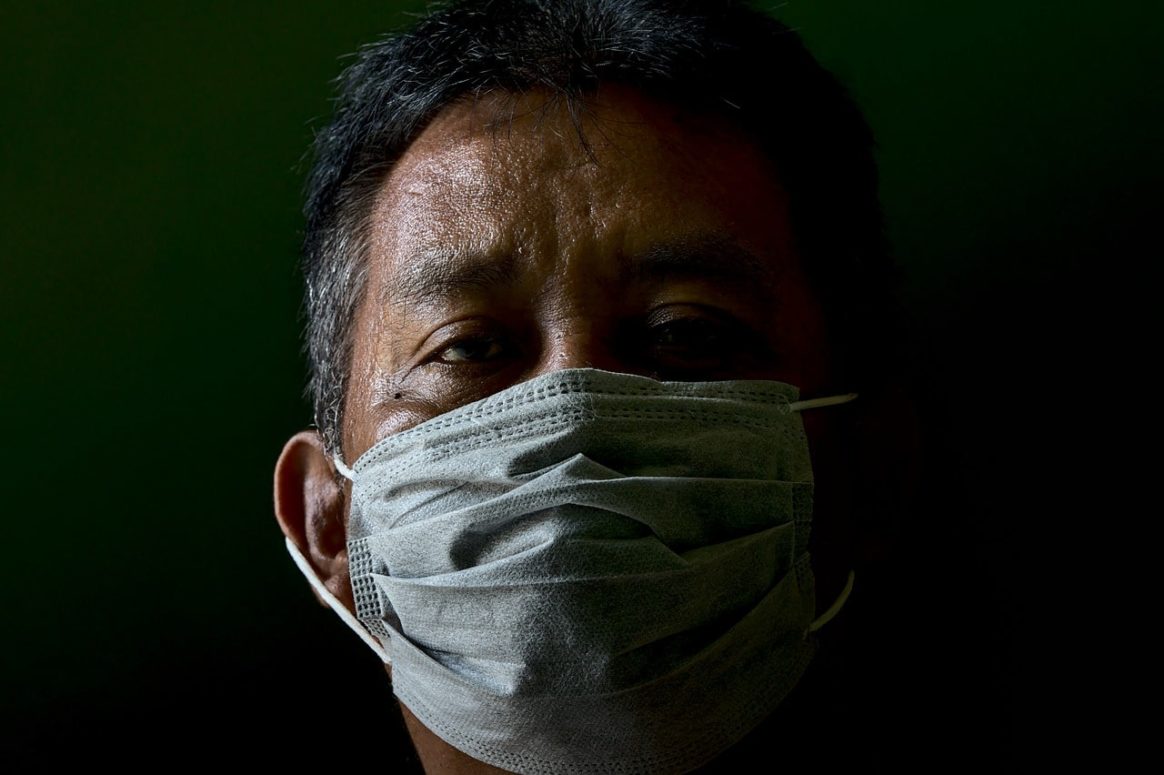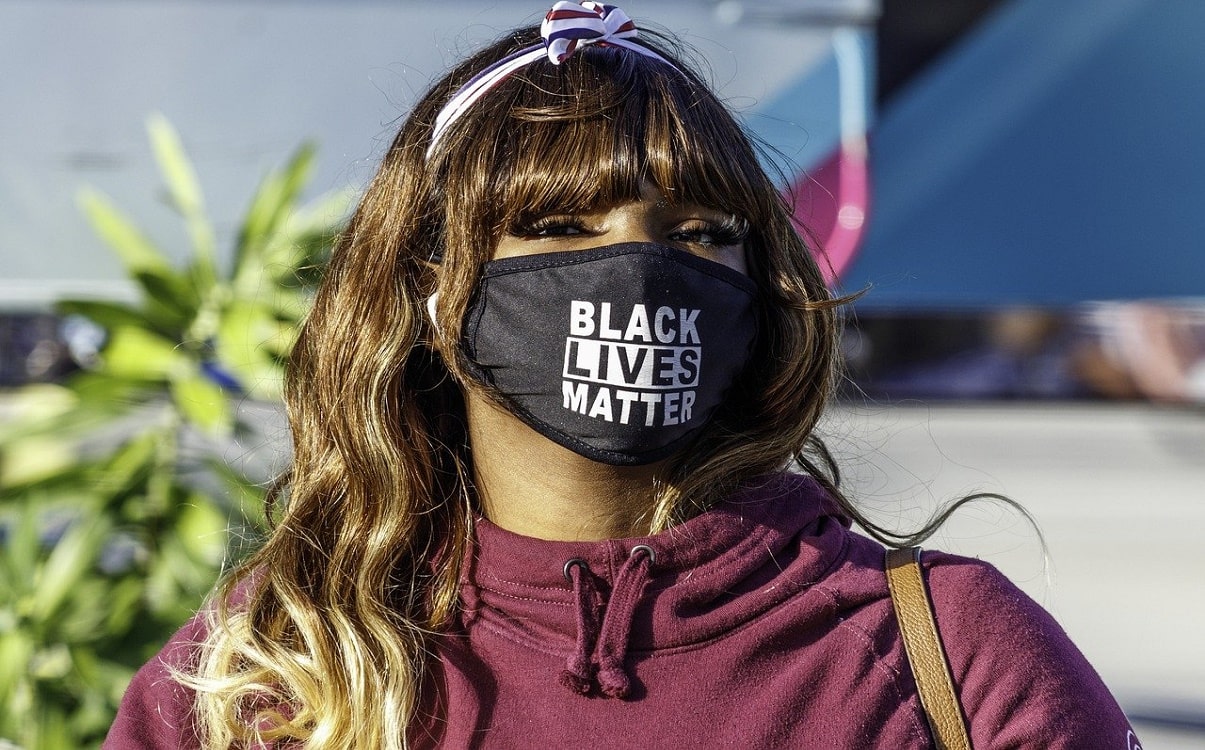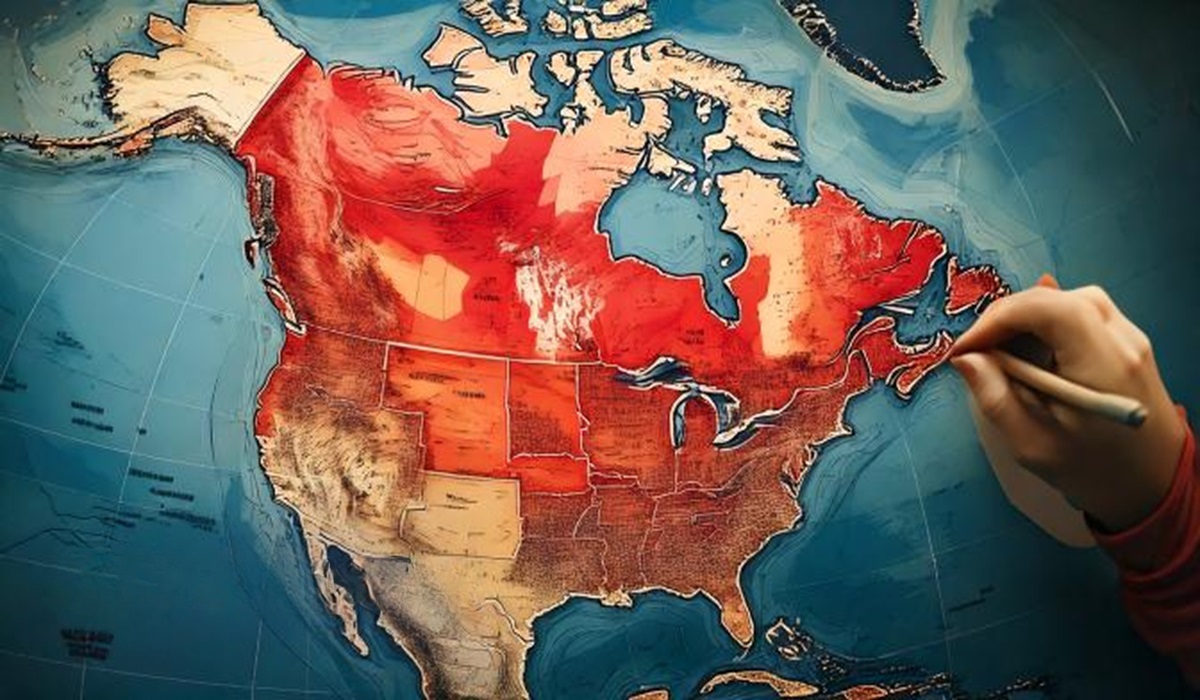Marginalized communities are impact more from the COVI-19 pandemic
TDS News – The direct and indirect impacts of COVID-19 in Canada have been worsened by systems that continue to perpetuate racism, ageism, sexism, and homophobia, in addition to other structural or social factors that further marginalize, such as homelessness. It is important to recognize that these are historical inequities that have existed within Canadian (and indeed other national and international) systems and institutions over many generations.
As the original inhabitants of Canada, Indigenous peoples are a recognized sovereign people in Canada. However, to this day, despite this unique relationship with the Crown, they face ongoing inequities. Historical drivers at the root of these inequities include unequal racial power dynamics created by colonization and reinforced by ongoing colonialism; forced removal from traditional lands, the creation of the reservation system; the residential and day school systems, the 60s Scoop, and the disproportionate rates of child apprehension and incarceration. These disruptions and injustices have resulted in intergenerational trauma and real inequities that lead to vulnerabilities.
The treatment of Joyce Echaquan, a woman of the Atikamekw Nation, by our healthcare system is a grim reminder that these issues are far from resolved. It is a reminder that although Joyce’s story is in the forefront there a many other personal accounts of mistreatment of Indigenous people utilizing the system of care today.

There is also a long history of racism and discrimination against Black communities in Canada which is perpetuated by racial power dynamics from slavery and colonization; forced removal from traditional lands; social, educational, residential, and occupational segregation and race-based stereotypes.
For example, the United Nations recognizes the distinct and unique experience of African Nova Scotians, as one of the oldest and largest Black communities in Canada, and yet many of these communities continue to experience inequities and disparities in health which are further exacerbated by COVID-19.
There are troubling examples of anti-Black racism that continue to this day within the Canadian health care system, particularly involving racial bias on the part of health professionals and systemic racism within institutional practices. This is compounded by the low proportion of Black health care practitioners in Canada.
This continued generational systemic racism and mistreatment within the health system has led to considerable wariness within racialized communities, and a significant lack of trust in these systems and institutions. This lack of trust has contributed to significant COVID-19 vaccine hesitancy among the Black and Indigenous, as well as other racialized communities.









